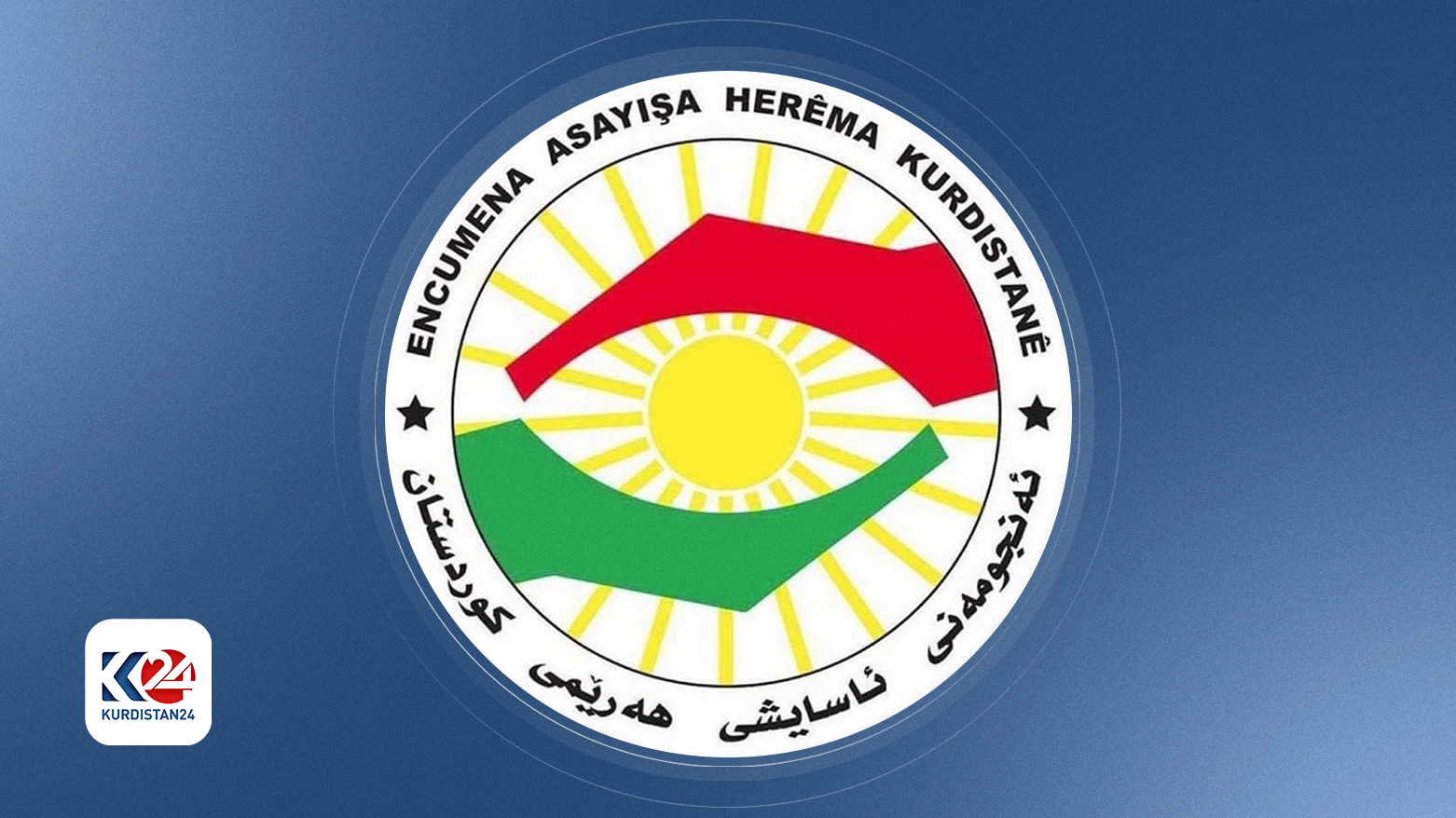KRSC accuses PUK of misusing government institutions
In its statement, the KRSC alleged that the PUK, acting under the orders of its leadership, had handed over Behzad Khosrawi, a member of the Kurdish Democratic Party of Iran (KDPI), to authorities in the Islamic Republic of Iran.

ERBIL (Kurdistan24) – The Kurdistan Region Security Council (KRSC) issued a statement on Sunday, accusing the Patriotic Union of Kurdistan (PUK) of exploiting government institutions in Sulaimani of unauthorized actions. The KRSC emphasized that the official institutions of the Kurdistan Regional Government (KRG) bear no responsibility for the reported misuse.
In its statement, the KRSC alleged that the PUK, acting under the orders of its leadership, had handed over Behzad Khosrawi, a member of the Kurdish Democratic Party of Iran (KDPI), to authorities in the Islamic Republic of Iran. The KRSC made clear that it played no role in this decision or the subsequent handover.
Last week, Khosrawi was reportedly arrested by security forces in Sulaimani before being transferred to "Iranian intelligence," according to a statement from the KDPI.
The incident raised concerns about the relationship between political parties and government institutions in the region, as well as the safety of political dissidents in the Kurdistan Region.
The KDPI was founded by Qazi Mohammad in the Kurdish city of Mahabad on Aug. 16, 1945. At the time of the KDPI's founding in Mahabad, the political climate was charged with aspirations for Kurdish autonomy and independence. The city was the center of the short-lived Republic of Mahabad, a Kurdish self-governing entity that sought to assert its sovereignty amidst the shifting alliances and geopolitical dynamics of post-World War II. This period was marked by intense nationalist fervor and a desire to establish a Kurdish state, despite the formidable challenges posed by regional and international powers.